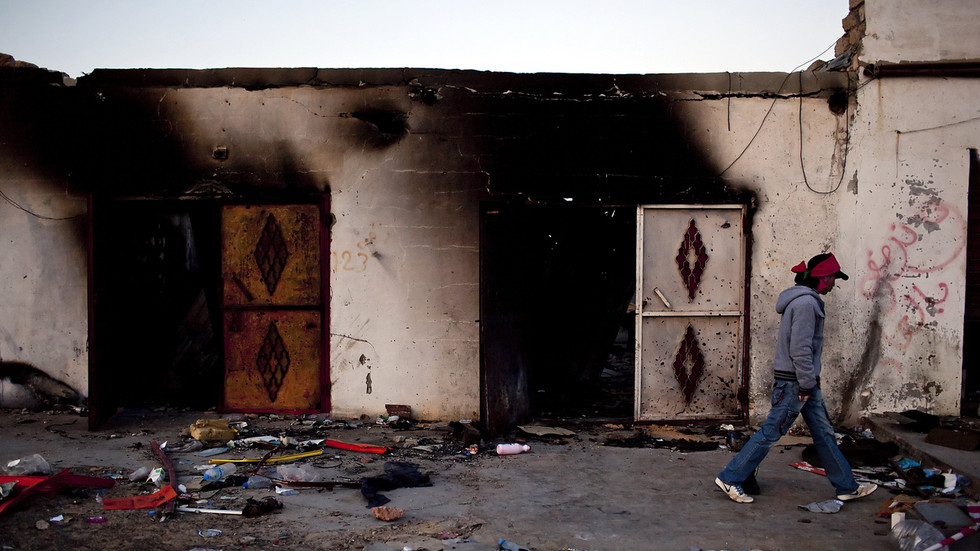Navigating Uncertainty: What a Split State Can Anticipate from the U.S. Government
As political divisions deepen across the United States, the notion of a “split state”—a state divided along political, ideological, or cultural lines—has become increasingly relevant. These divisions can manifest in various ways, from differing political affiliations within the population to stark contrasts in governance and policy implementation. In such a contentious environment, understanding what a split state can anticipate from the U.S. government is crucial for its residents and leaders alike.
The Context of a Split State
The term “split state” can refer to several scenarios, including a state that has significant ideological divides among its citizens or one that may be grappling with competing interests from different regions within its borders. This division can lead to a range of challenges, including governance difficulties, social unrest, and economic disparities. Furthermore, these states often find themselves navigating complex relationships with the federal government, which can either exacerbate these divisions or offer pathways for resolution.
In recent years, we’ve witnessed increasing polarization in U.S. politics, with parties struggling to find common ground. This polarization has implications for states that are similarly divided, raising critical questions about federal support, governance, and the balance of power. So, what can a split state expect from the U.S. government as it faces these challenges?
Federal Responses: Support or Intervention?
When a state is politically split, federal responses can vary significantly based on the administration in power and the prevailing political climate. Here are some potential avenues the federal government may take:
- Funding and Resources: The federal government may provide financial assistance to help address specific issues that arise from the split, such as economic disparities between regions. For instance, targeted grants for education, infrastructure, or healthcare can help bridge the gap between differing factions.
- Policy Flexibility: In some cases, the federal government might offer states greater leeway in implementing policies that reflect their unique needs. This could include waivers on federal guidelines that allow states to tailor their approaches to local conditions.
- Federal Oversight: Conversely, if divisions lead to significant unrest or violations of civil rights, the federal government may step in with oversight or intervention. This can include deploying federal resources to ensure law and order or even appointing federal monitors to oversee elections.
Implications for Governance in a Split State
Governance in a split state is complex and fraught with challenges. Here’s how these divisions can affect local leadership and decision-making:
- Increased Partisanship: Leaders may find themselves under pressure to cater to their base, often leading to more extreme policy positions. This partisanship can hinder constructive dialogue and compromise.
- Fragmentation of Services: Service delivery may become inconsistent, with different regions receiving varying levels of support based on political leanings. This fragmentation can exacerbate existing inequalities.
- Voter Engagement and Turnout: A split state might see fluctuating voter engagement, with some groups feeling disillusioned and others becoming more energized. Understanding these dynamics is crucial for any governance strategy.
Opportunities Amidst Division
While a split state faces numerous challenges, it also has unique opportunities to foster dialogue and collaboration. Here are a few potential avenues for leveraging the situation:
- Community Engagement: Local leaders can initiate forums and discussions that bring together diverse perspectives. By creating spaces for dialogue, communities can work toward understanding and compromise.
- Innovative Policy Solutions: Acknowledging the needs of different factions can lead to innovative governance strategies. For example, bipartisan initiatives that address common concerns—like public safety or economic development—can be more effective.
- Strengthening Local Governance: In a split state, there may be a push for greater local control over certain issues. This can empower communities to tailor solutions that meet their specific needs, fostering a sense of ownership and responsibility.
Looking Ahead: The Role of Federal Government
The relationship between a split state and the U.S. government is likely to evolve in the coming years. As political dynamics shift, so too will the responses from Washington. Here are some factors that could shape this relationship:
- Changing Political Landscapes: With elections at both state and federal levels, shifts in power could alter the nature of support or intervention a split state receives. A more cooperative federal government could open doors for constructive partnerships.
- Grassroots Movements: Increased activism at the local level can influence federal priorities. If constituents demand attention to specific issues, the federal government may respond by aligning resources or policies accordingly.
- Public Sentiment: The opinions and attitudes of citizens play a crucial role in shaping government action. A split state that fosters dialogue and cooperation may find itself better positioned to advocate for its needs on the national stage.
The Path Forward
Ultimately, navigating uncertainty as a split state requires resilience, adaptability, and a commitment to understanding. While the challenges are significant, there are also opportunities to foster collaboration and innovation in governance. By engaging with both local communities and the federal government, split states can work toward solutions that benefit all residents.
In conclusion, as the U.S. grapples with increasing political division, the experiences of split states can serve as a microcosm for broader national challenges. The responsiveness of the federal government, the engagement of local leaders, and the active participation of citizens will all play a pivotal role in shaping the future. By embracing dialogue and seeking common ground, split states can not only navigate uncertainty but also emerge stronger and more united.
See more BBC Express News

